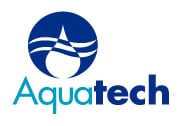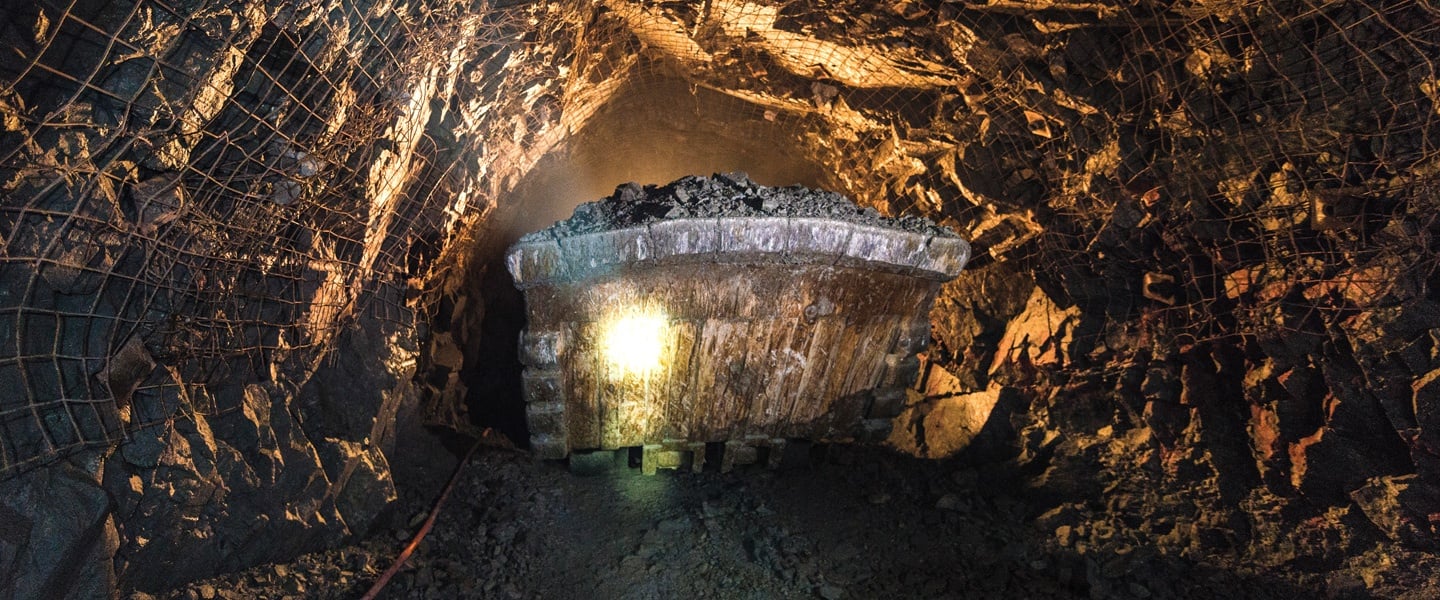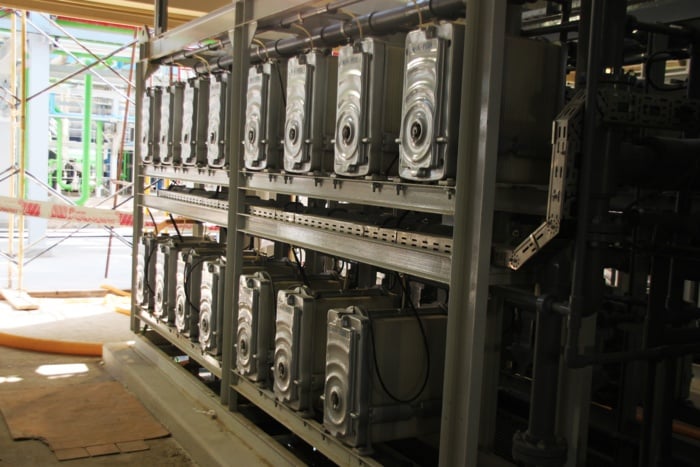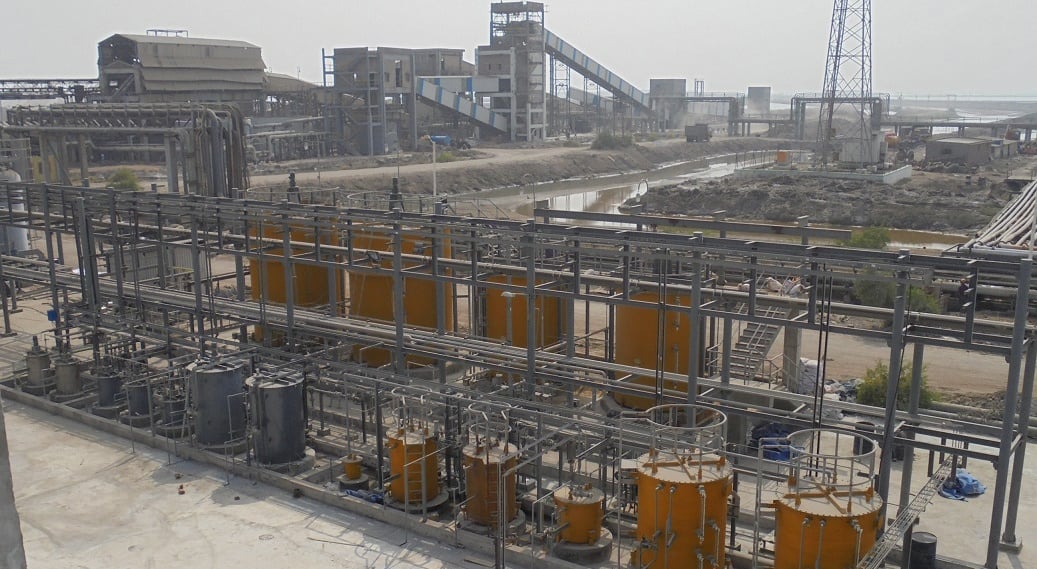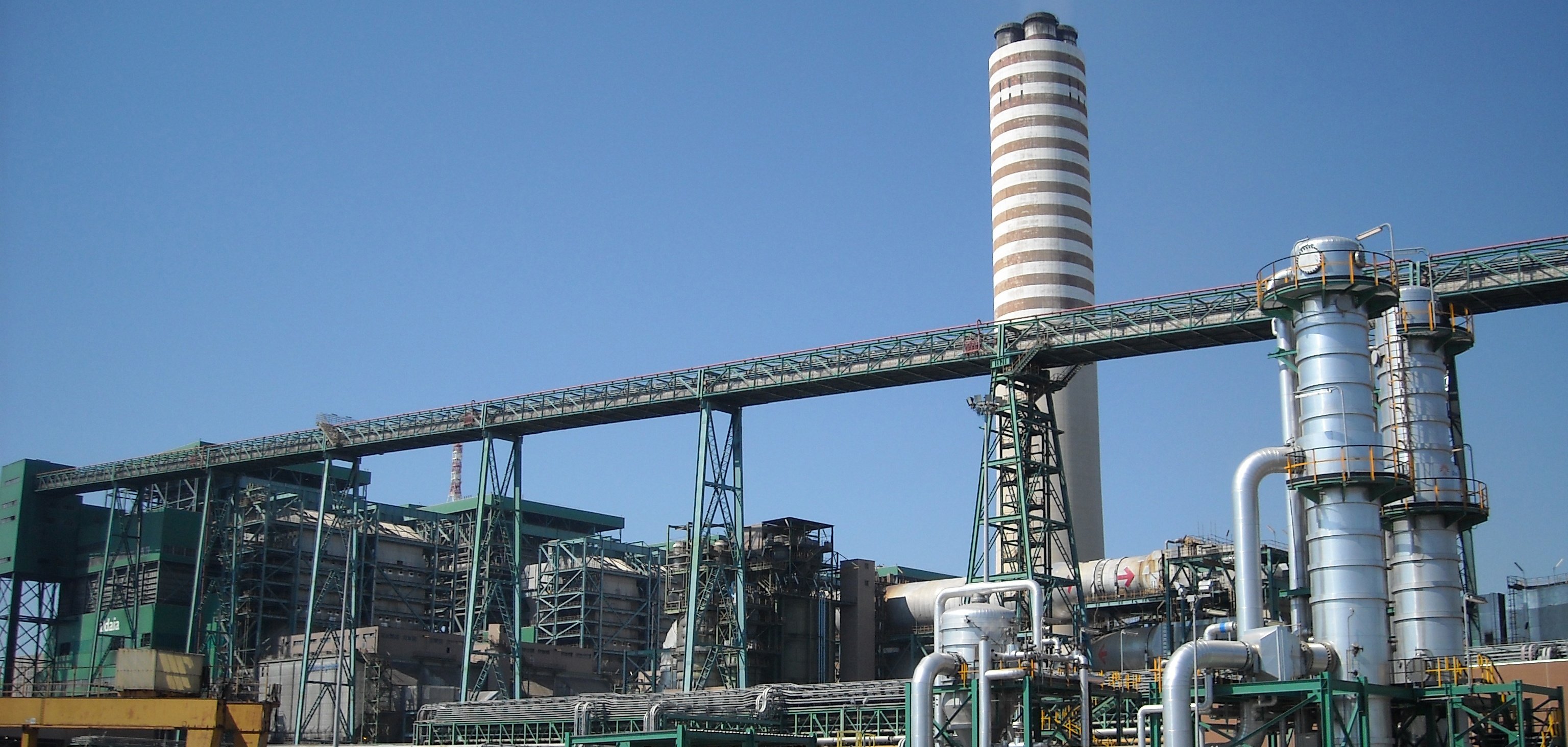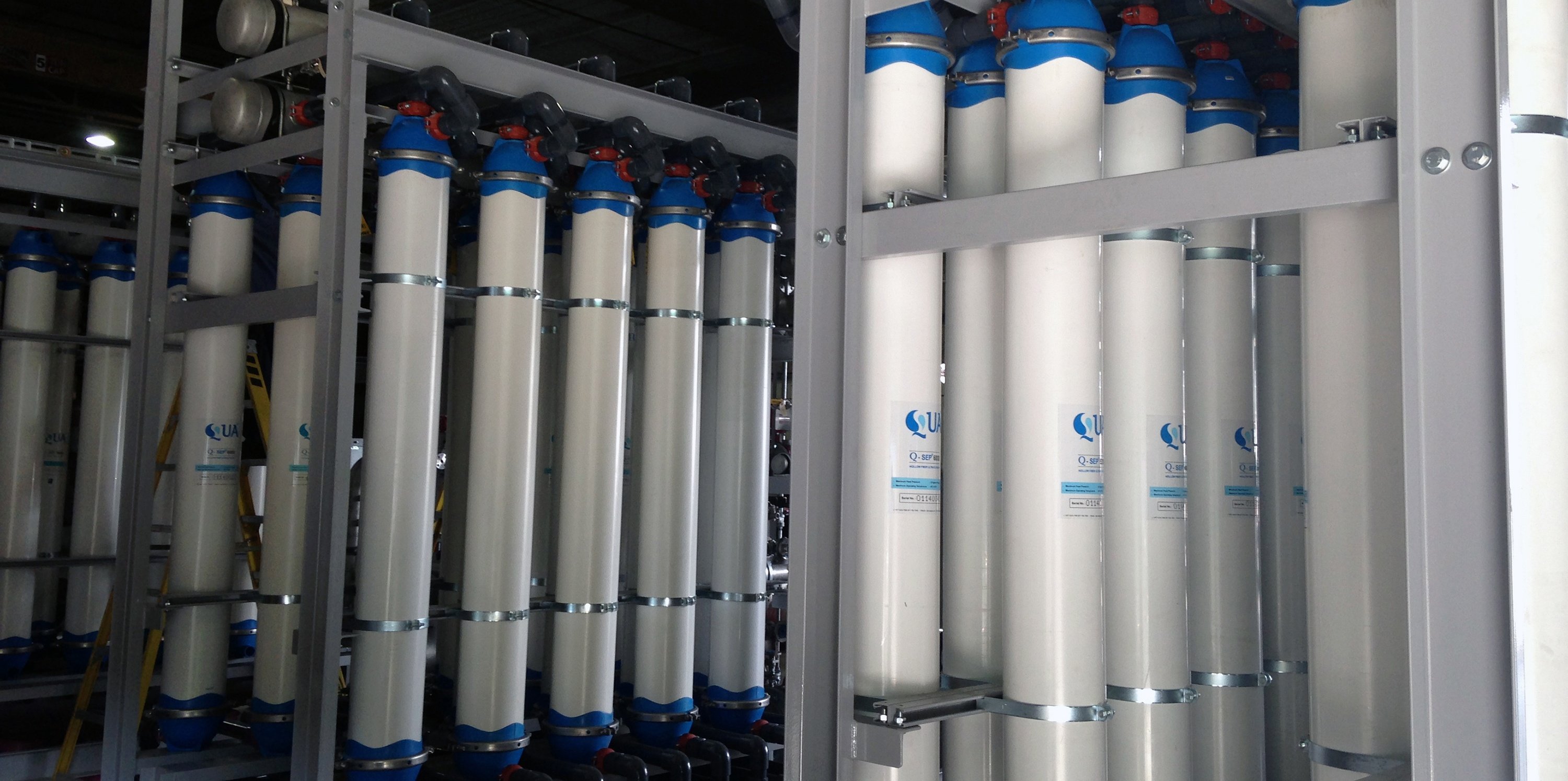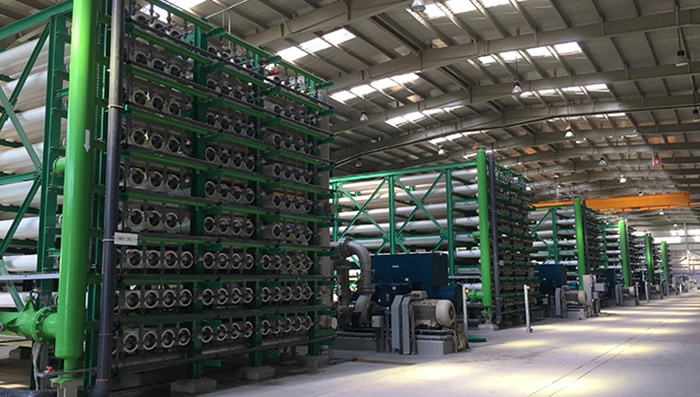
The Ghalilah desalination plant in the United Arab Emirates has been honored at the 2016 Global Water Awards with a Distinction Award in the Desalination Plant of the Year category, which recognizes plants commissioned in 2015 that represent the most impressive technical achievement in the industry.
In partnership with The Federal Electricity and Water Authority (FEWA) of the UAE, Aquatech completed the design, construction and commissioning of 15 MIGD plant, which is located in the Emirate of Ras Al Khaimah. It is FEWA’s largest desalination plant to date. According to Global Water Intelligence, the Ghalilah facility “sets a new global benchmark for performance in membrane desalination” and “rewrites the rules for energy consumption at large-scale desalination installations.”
“We congratulate FEWA for this prestigious award and also wish to thank FEWA for entrusting us to supply this plant using a design that has set new standards for the industry,” said Devesh Sharma, Managing Director, Aquatech. “The Ghalilah SWRO is a pioneer plant in term of the technologies that were used, enabling FEWA to save millions of Dirhams in terms of reducing energy consumption,” he added.
”The Federal Electricity & Water Authority (FEWA) was established in 1999 to carry out the duties assigned by Ministry of Electricity and Water in achieving several objectives. FEWA’s main goal is to ensure that needs for electricity and potable water for the population of the Northern Emirates are met. The Ghalilah desalination plant represents a very important milestone in attaining our goal for potable water production, while it also sets new standards for low-energy desalination in the GCC region,” said His Excellency The Director General Mr. Mohammad Saleh.
Aquatech was awarded the contract in one of the most hotly contested tendering processes in the Gulf municipal desalination market in recent years. Aquatech was evaluated as having the lowest life cycle cost of water, and has since demonstrated an actual energy consumption of less than 3.0 kwh/m3, which is significantly less than industry accepted benchmarks.

